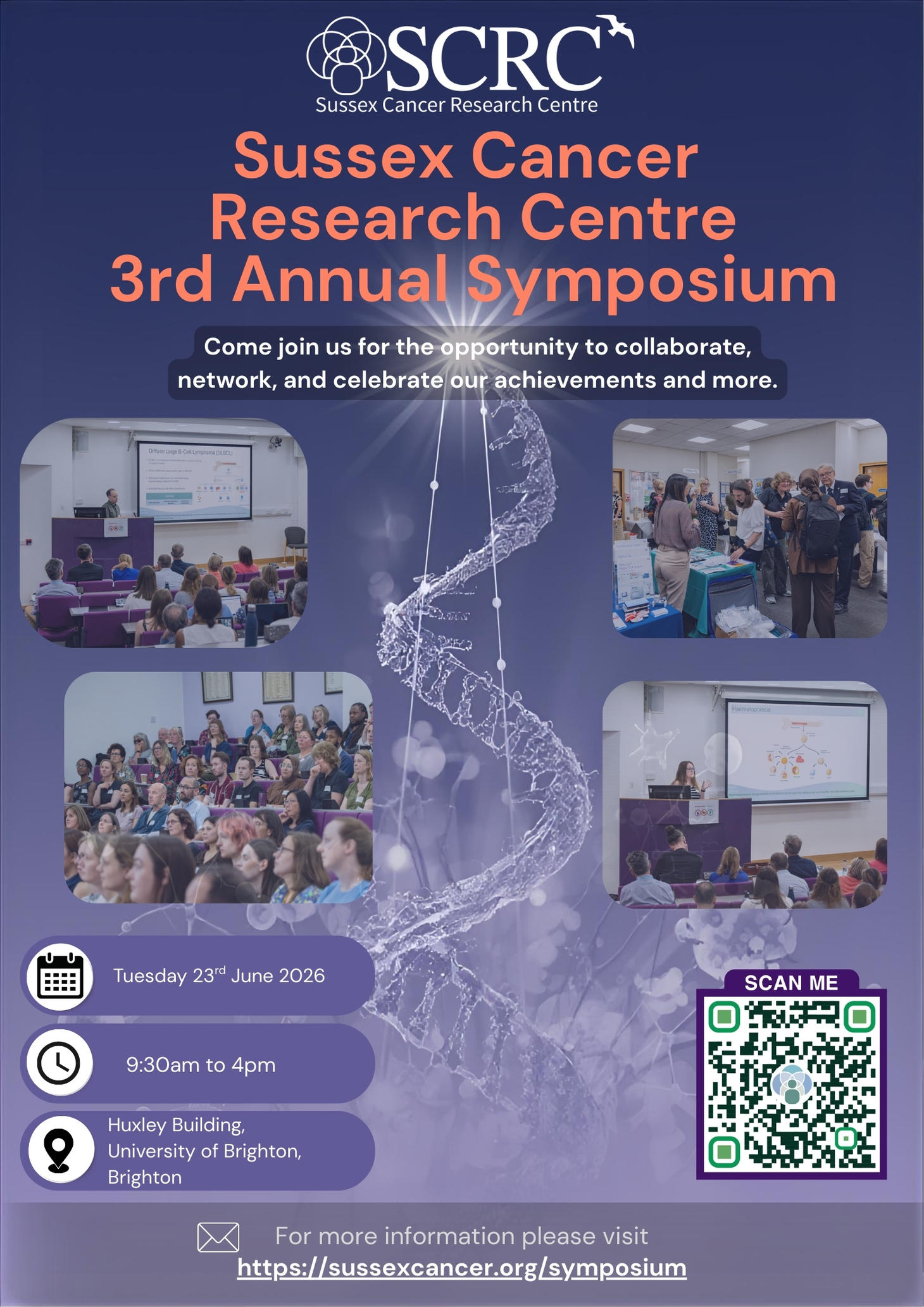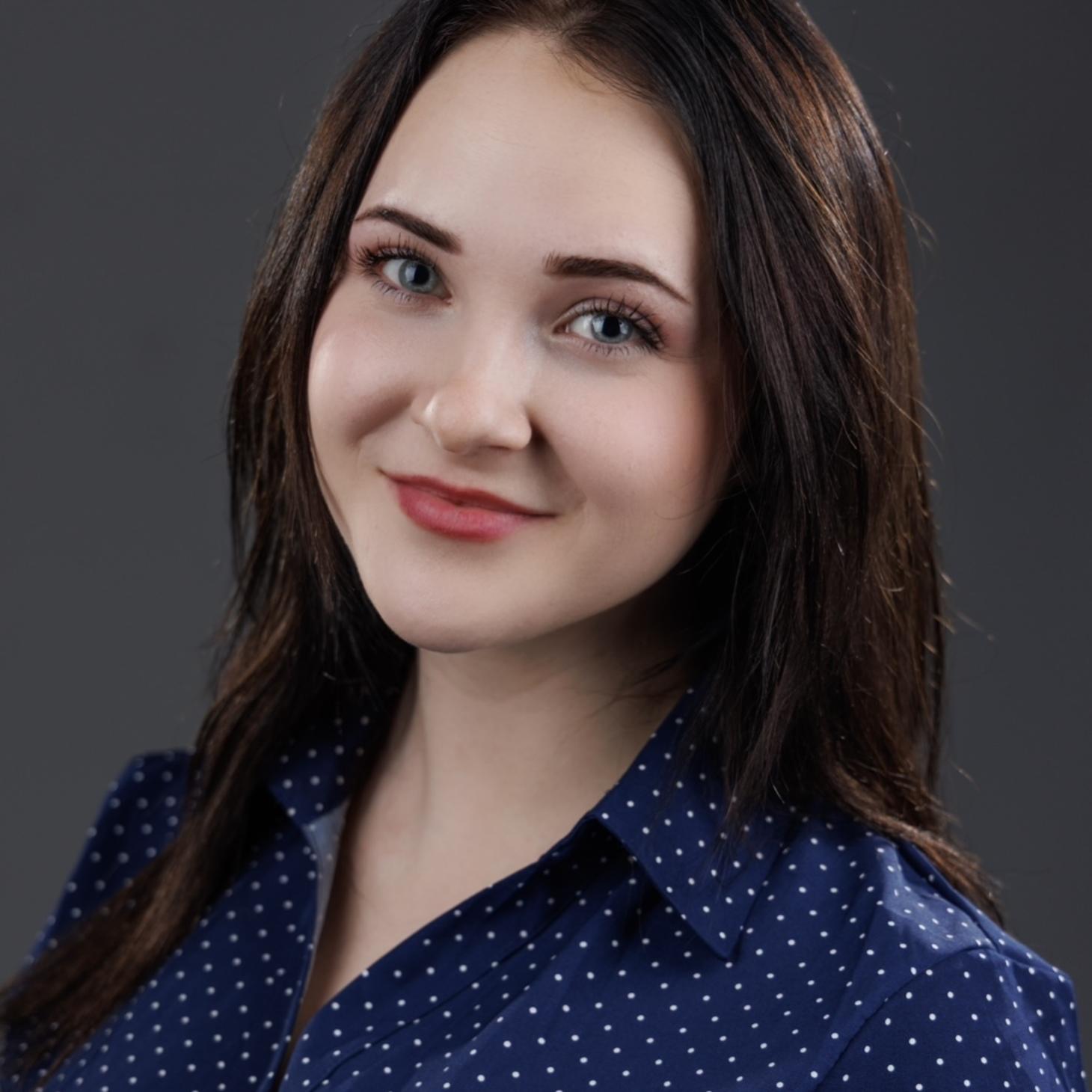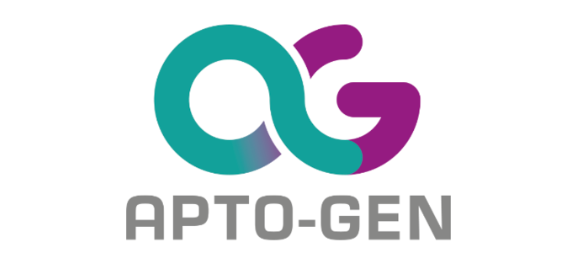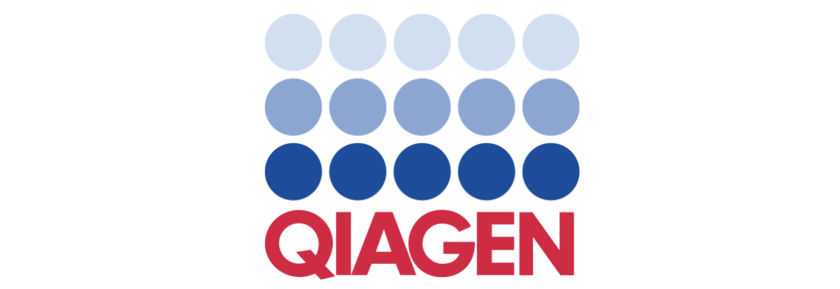Updates from the SCRC

Funding deadline coming soon! (1st February)
The latest Sussex Cancer Fund-SCRC awards invite proposals for innovative cancer research that needs early stage or translational support, offering funding for projects of up to £10,000, or larger projects up to £30,000. While applications across the field are welcome, the call highlights interest in projects involving data driven approaches, established population datasets, cancer prevention, early diagnosis of cancer, and the links between cancer and mental health. The scheme, supported by the Sussex Cancer Fund and its donors, aims to advance translational work and strengthen collaboration across partner institutions.
Apply following the link attached.
General Interest Events

SCRC 3rd Annual Symposium – Tickets Now Available!
The Sussex Cancer Research Centre is delighted to invite you to our 3rd Annual Symposium, celebrating our growing community of cancer researchers across the University of Sussex, University of Brighton, BSMS, and local NHS Trusts.
The day will showcase cutting-edge cancer research, collaborations, and innovations taking place across Sussex. Researchers, clinicians, students, and members of our local community are warmly invited to join us for an inspiring day of talks, networking, and discovery.
🔔 Spaces are limited, so please reserve your place now.
For more details, see the poster above.
👉 Book your free ticket following the link attached.
News

Meet Esme: New Student Representative for the Sussex Cancer Research Centre
We’re delighted to welcome Esme Morcom as the new Student Representative for the Sussex Cancer Research Centre. This role plays an important part in strengthening connections between students and the Centre’s research community, ensuring student voices are heard and actively involved in shaping opportunities across SCRC. Esme joins us with a strong research background and a genuine passion for engagement, collaboration, and making cancer research accessible and inclusive for students at all stages.
"Hi! I’m Esme Morcom, a PhD student at Brighton and Sussex Medical School, researching cancer-related fatigue in women with breast and ovarian cancer, and the new Student Representative for the Sussex Cancer Research Centre (SCRC). I’m really looking forward to helping strengthen the connection between students and the SCRC’s important work. My role is all about making sure student voices are heard – whether that’s sharing ideas, raising questions or helping shape opportunities for involvement.
I’ll be working with the SCRC to support fundraising activities, bring more students into our events and help create ways for us to learn, collaborate and contribute to cancer research in meaningful and enjoyable ways. This includes everything from promoting opportunities to helping organise fun community-building events that raise both awareness and support.
Over the coming months, I’ll also be putting together student-led interviews and spotlights on the SCRC's research and researchers. If you’d like to be featured, have a project you want to share or want to help create this content, I’d love to hear from you. You can reach me at e.morcom1@uni.bsms.ac.uk.
Looking forward to meeting many of you!"
From our supporters

Eppendorf
Eppendorf’s purpose to improve human living conditions is as old as the company itself and has lost none of its significance or power over the years. Our products, systems and services enable, improve, and facilitate research and routine work in laboratories all over the world. They inspire through innovation, quality, intelligence, performance, economic efficiency, ergonomics, and design. We are characterized by continuous investment in the innovation of our products, services, and business solutions, including through the involvement of partners and customers.

SARSTEDT
SARSTEDT, a family-run company, has been a leader in laboratory and medical technology for over six decades. As a global team of more than 3,000 employees, we share a unified goal: to support laboratory professionals and medical practitioners. From development to production and sales, we ensure that our customers’ visions are implemented with precision and efficiency. We ensure the highest quality through standardised processes, constant monitoring and analysis. We also hold a deep commitment to the environment and future generations.

Apto-Gen
Apto-Gen is a technology-driven company dedicated to providing market-leading PCR and RT-qPCR enzymes and master mixes. Our mission is to improve DNA and RNA detection for more accurate diagnoses by bringing bespoke, high-quality molecular biology reagents to the healthcare and biotechnology markets.
Our Apto-Life product range has been developed for use in a broad range of life science applications, including high-performance RT-qPCR solutions for gene expression, genotyping and genetic studies, and high-fidelity DNA polymerases with enhanced processivity for cloning and sequencing applications.

Qiagen
QIAGEN serves more than 500,000 customers globally, all seeking insights from DNA, RNA, and proteins. Using any biological sample, they are advancing science and improving outcomes for people everywhere. Our products for molecular testing serve applications from basic life sciences research to clinical healthcare. Together, we are making improvements in life possible.
